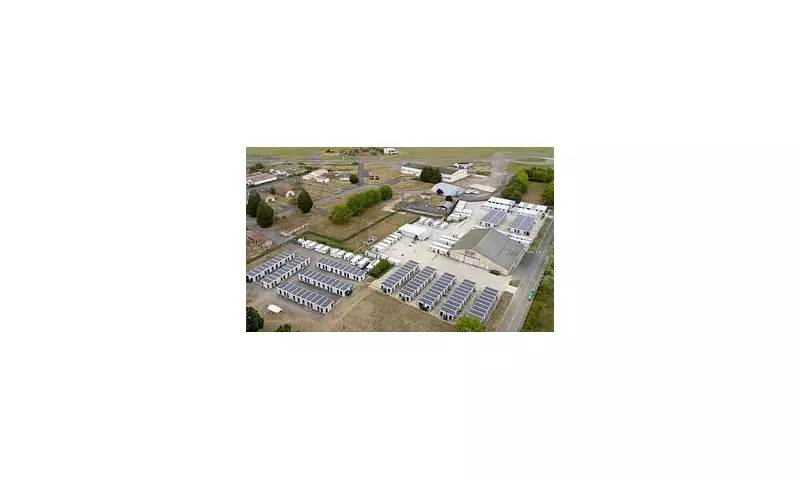
The Labour Party is preparing a seismic shift in the UK's approach to housing asylum seekers, with plans to abruptly end the reliance on expensive hotels and move migrants into repurposed military accommodation.
This new strategy, poised to be a cornerstone of their immigration policy, directly targets the controversial and exorbitant cost of housing approximately 51,000 asylum seekers in hotels across the country—a bill that currently saddles taxpayers with a staggering £6 million per day.
The High Cost of Hotel Stays
The Conservative government's dependence on hotels has long been a flashpoint for criticism. The policy has not only created a massive financial drain on public funds but has also stoked social tensions in communities where these hotels are located. Labour's proposal seeks to address both the economic and social fallout of this system.
Former Home Secretary Suella Braverman had previously championed the use of military sites like the former RAF base at Scampton and the ex-RAF Wethersfield airbase. However, these plans were met with legal challenges and local opposition, slowing their implementation to a crawl.
Acceleration and Efficiency: The Labour Vision
Labour's approach is fundamentally different. It is not merely about changing the location of housing but about overhauling the entire process. The party intends to:
- Rapidly clear the backlog of asylum claims by hiring hundreds of new caseworkers, drastically reducing processing times.
- Immediately begin the process of emptying hotels by swiftly moving eligible individuals into the refurbished military facilities.
- Slash the astronomical daily cost of the asylum system, promising significant savings for the public purse.
By tackling the root cause of the backlog, Labour believes it can create a system that is not only more cost-effective but also more humane and efficient.
Challenges and Controversies on the Horizon
The plan is not without its potential hurdles. The use of military barracks for asylum accommodation has previously sparked protests and legal action from human rights groups, who argue that such sites can be inadequate and unsuitable for long-term housing.
Furthermore, the success of the entire plan hinges on the ability to process claims at an unprecedented speed. Any failure to do so could simply transfer the problem from one type of accommodation to another, without solving the underlying issues of delay and inefficiency that have plagued the system for years.
This bold proposal sets the stage for a fierce political battle over the future of UK immigration policy, making it a defining issue for the next general election.





